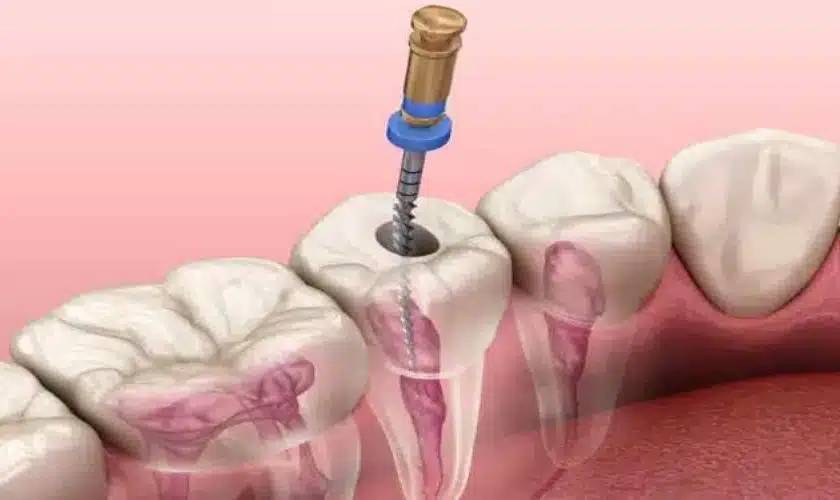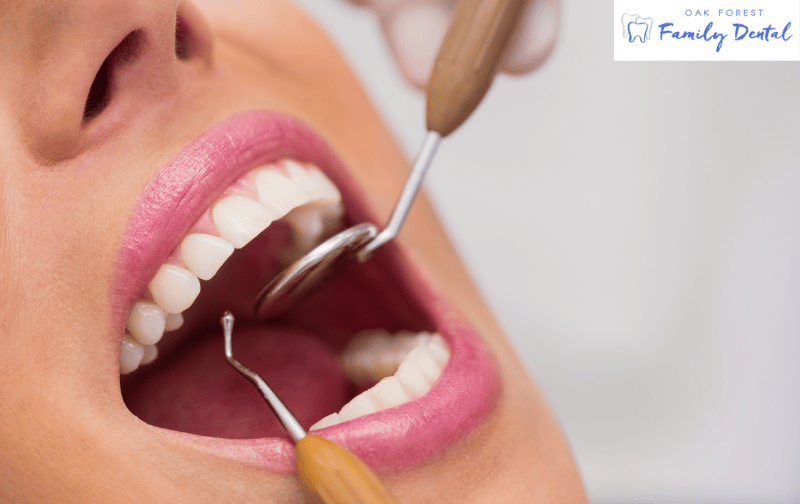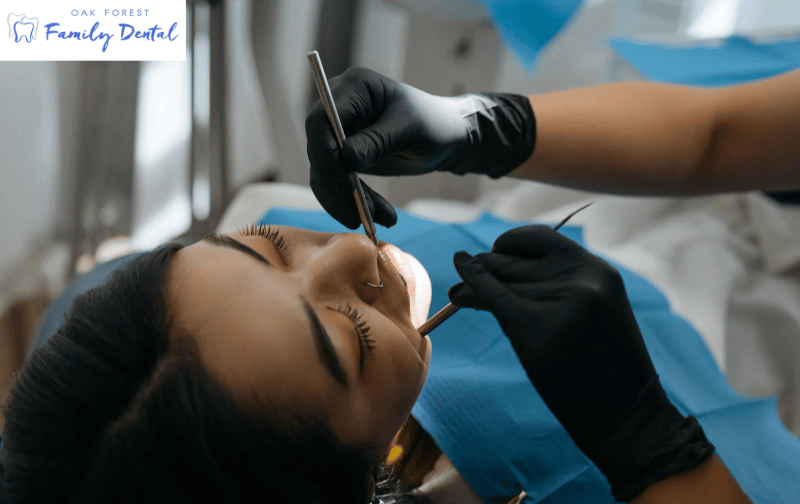Are you hiding your smile because of missing teeth? Do you feel self-conscious about your appearance and lack the confidence to laugh out loud? Look no further! Dentures can be a game-changer for those seeking to enhance their appearance and boost their confidence. These removable dental appliances are not just practical but also aesthetically pleasing, allowing you to restore the natural look of your teeth while providing a comfortable fit. In this blog post, we will delve into how dentures work, their benefits in enhancing your appearance and boosting your confidence, as well as tips on how to care for them. So let’s get started on this journey towards a happier and more confident smile!
What are dentures?
Dentures are dental prostheses that replace missing teeth. They can be complete or partial, depending on the patient’s needs. Complete dentures are used when all teeth are missing, while partial dentures fill in gaps caused by missing teeth.
Dentures consist of a gum-colored acrylic base that fits over the gums and supports artificial teeth made of porcelain or resin material. The base is custom-made to fit your mouth for optimal comfort and function.
The process of getting dentures involves several steps, including impressions of your mouth and bite registration to ensure a proper fit. Your dentist will also take into account factors such as the size and shape of your face to create natural-looking dentures that enhance your appearance.
Dentures provide many benefits beyond just filling in gaps left by missing teeth. They improve speech clarity, making it easier to pronounce words correctly. Dentures also aid digestion by allowing you to chew food more effectively.
While there may be an adjustment period when first getting used to wearing dentures, they can significantly improve your quality of life by restoring confidence in your smile and overall appearance.
How do dentures work?
Dentures are removable oral prosthetics that replace missing teeth and their surrounding tissues. They work by resting on the gums or attaching to remaining natural teeth or dental implants through metal clasps or precision attachments.
There are two types of dentures: complete and partial. Complete dentures replace all of the teeth in one arch, while partial dentures only replace a few missing teeth and can be removed for cleaning.
To create custom-fit dentures, your dentist will take impressions of your mouth to ensure an accurate fit. The impression material is used to make a model of your mouth, which is then used as a guide to construct the final set of dentures.
Once properly fitted, wearing dentures can improve overall oral health by restoring proper chewing function and preventing further tooth loss due to shifting adjacent teeth.
While they may take some getting used to initially, most people find that modern-day dentures look and feel quite natural—allowing them to eat comfortably and confidently with restored functionality.
How can dentures enhance your appearance and confidence?
Dentures can significantly improve your appearance and give you a beautiful, natural-looking smile. Missing teeth can cause the face to sag and make you look older than your age. With dentures, which are custom-made for each patient’s unique mouth shape, missing teeth are replaced with prosthetic ones that blend in seamlessly with the remaining natural teeth.
Not only do dentures improve your physical appearance, but they also boost your self-confidence. When you have missing teeth or gaps in your smile, it’s easy to feel self-conscious and avoid social situations or events where people may notice the imperfections of your smile. Dentures give you back the ability to eat comfortably and speak with ease without worrying about how others perceive you.
In addition to enhancing confidence in social situations, having dentures can also help improve overall health by allowing patients to eat a healthy diet rich in fruits and vegetables that might otherwise be difficult to chew without all their teeth.
Investing in quality dentures is an investment not just in one’s dental health but also in emotional well-being. With a renewed sense of confidence from a beautiful new smile comes increased opportunities for success both personally and professionally.
How to care for your dentures
Proper care of your dentures is crucial for maintaining their appearance and functionality. Here are a few tips on how to care for them:
1. Clean your dentures daily: Brushing your dentures with a soft-bristled brush and mild soap or denture cleaner will help remove any food particles, plaque, and bacteria.
2. Handle with care: Dentures are delicate, so it’s important to handle them carefully. When cleaning or handling them, be sure to place a towel in the sink or on the counter to avoid dropping and damaging them.
3. Soak overnight: To prevent the warping or cracking of your dentures, soak them in water or a special soaking solution overnight.
4. Visit your dentist regularly: Your dentist can check the fit of your dentures and make any necessary adjustments to ensure they continue functioning properly.
5. Avoid using harsh chemicals: Do not use bleach or other abrasive cleaners on your dentures as these can damage their surface.
By following these simple steps, you can extend the life of your investment while enjoying a healthy smile!
Conclusion
Dentures can be a fantastic option for people who want to enhance their appearance and restore their confidence. With modern technology, dentures are more comfortable and natural-looking than ever before. They can improve your ability to eat, speak clearly, and smile with ease.
However, it’s important to take care of your dentures properly by cleaning them daily and visiting your dentist regularly for adjustments and check-ups. By following these tips, you can ensure that your dentures last as long as possible while maintaining their optimal function.
At the end of the day, investing in quality dentures is an investment in yourself. If you’re considering getting dental prosthetics or replacing old ones with new ones – do not hesitate! You will love how they make you look and feel confident again!










